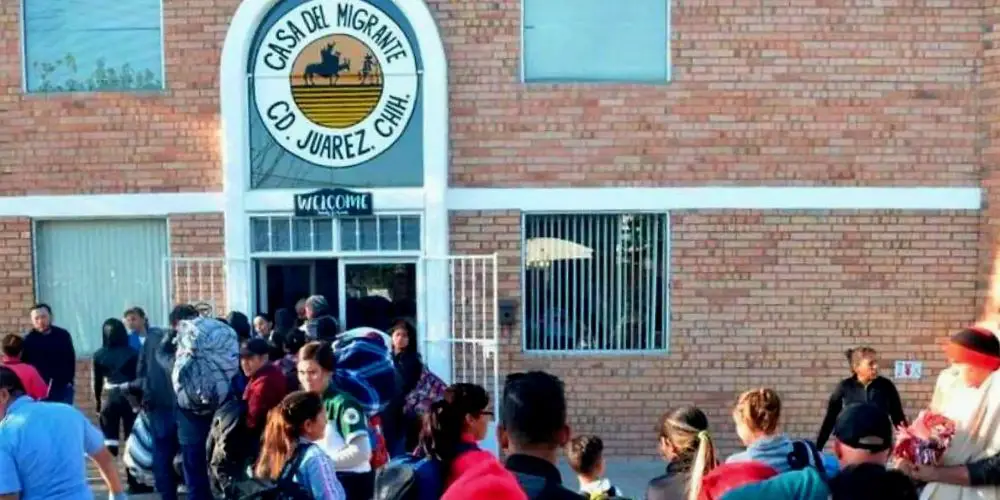CDMX, Mexico. – The year 2022 showed that Cubans do not only see Mexico as a place of transit to the United States. The statistics released by the Migration Policy Unit and the Mexican Commission for Aid to Refugees (COMAR) show that many of the West Indians have chosen to stay in Mexico, or at least legalize themselves in the country to avoid deportation or other legal consequences.
One of the mechanisms to achieve this is to request refuge. COMAR, the Mexican government organization in charge of these processes, revealed that in 2022 118,478 people approached the institution. Of that grand total, 18,087 were citizens from Cuba, almost 10,000 more than in 2021.
In the last three years, Cubans have remained one of the nationalities that most seek refuge in Mexico. In fact, if we add the cases presented from 2019 to 2022, the island’s nationals occupy a third historical place (32,000 cases), only surpassed by Haiti and Honduras.
The other two dictatorships that are located in the “Bolivarian axis”, Venezuela with more than 24,100 applicants and Nicaragua with half that number, were widely surpassed by Cuba. The Caribbean archipelago also displaced countries with larger populations and that have land borders with Mexico, which facilitates displacement.
However, the success numbers are not encouraging. Less than half of the cases from Cuba had a favorable response to their refugee applications. The tendency has been to lower the percentage of acceptance of Cubans. This figure contrasts with the results of Venezuela (92% approval), Honduras (89%) and El Salvador (87%).
Compared to 2021, Cuban applications for refuge in Mexico dropped by 20% in the success rate.
Although it was in recent years when Mexico received more Cubans – before the majority made their way to the United States – migration from the Island to Aztec land is not new. Cuba is in the top seven published by COMAR since 2013, based on the cases resolved by the commission.
Visitor Card for Humanitarian Reasons (TVRH)
People from Cuba were the ones who received the most Visitor Cards for Humanitarian Reasons (TVRH) during 2022. These cards are not equivalent to refugee status per se, but they did allow those who wanted to reach the United States to legally transit through Aztec territory.
According to data released by the Migration Policy Unit, 36,932 Cubans received a TVRH. Cuba surpassed Haiti and Honduras by more than 10,000, countries that occupy second and third place on this list. Meanwhile, Venezuela was surpassed by more than 20,000 cards.
In 2011, Mexico created the TVRH, an instrument that allows migrants to work and access certain public services while their legal processes progress. The card is granted for one year and can be extended as long as there is no expired its validity.
The TVRH data shows that at least 18 minors from Cuba were in Mexico “unaccompanied”, this means that they were on Aztec land without any family member or guardian.
How many Cubans could still be in Mexico?
According to official data, in Mexico until the end of 2022 there were 36,401 Cubans who were not subject to repatriation. This means that they could not be deported, nor had they requested assisted return.
Most of them, more than 12,000, were in the category of “Office of Exit”, which allows the person to leave the immigration station where they were detained in order to start their immigration regularization procedures.
The second category where almost 8,000 Cubans are grouped is that of “Abandonment of the Immigration Administrative Procedure.” This means that people did not show up for their appointment or did not continue the procedures to regularize their stay in Mexico.
Mexican public data allows us to know that more than 9,000 Cubans are currently “in procedure”, so during 2022 they were still in Mexico. To them can be added another 5,000 who have refugee applications or are being regularized before the National Institute of Migration.
















